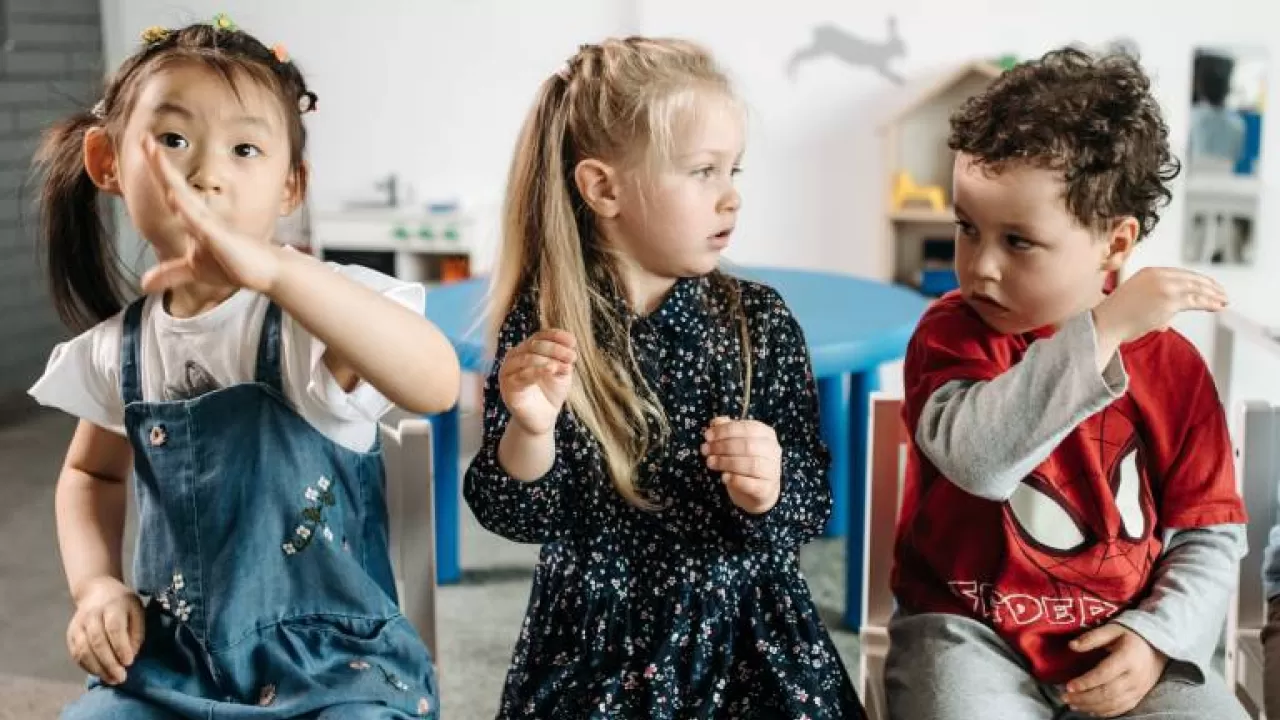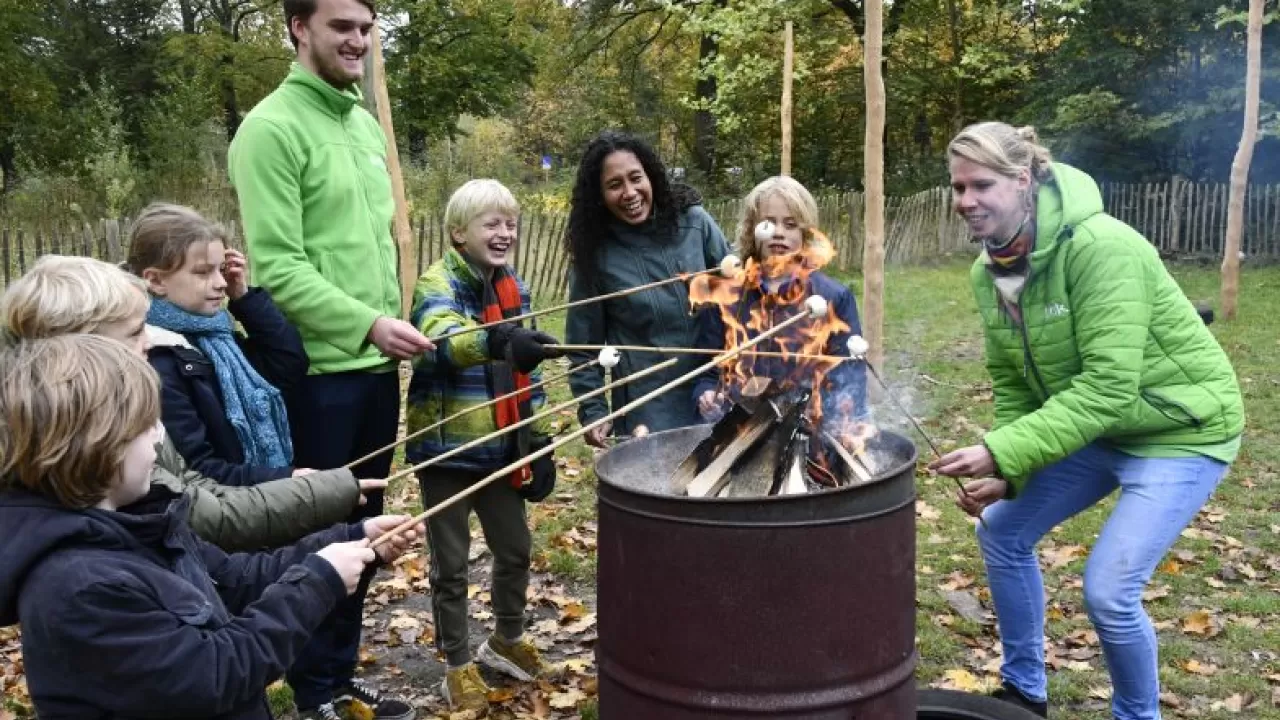
Page content
Not only adults, especially children can learn from each other’s differences. And there are always differences, even within groups. How can children learn from each other’s differences and why is it positive when children come into contact with differences? In this blog, we’ll tell you more about group dynamics and the social importance of childcare.
Group dynamics
Wherever groups of children come together, it’s important that group dynamics are seen and supported. Think, for example, of school, the sports club, music lessons or after-school care. Because a group consists of different children, there is a chance that differences between the children will become noticeable. It’s quite normal for a child to want to belong and therefore sometimes even decides to adapt. To some extent, adapting isn’t wrong and sometimes even desirable. It’s important to help children learn to find the balance between being themselves and adapting, recognising their limits and being able to say so.
At our after-school care facilities, children learn that we’re all different and how wonderful this is. In the group dynamics of after-school care, we believe it’s important to celebrate differences. Besides, children need role models. These are adults who embrace differences and live them: like the pedagogical staff members. It requires a constant conversation between children and adults, and many exercises and good examples. In practice, but also in books, in the music we listen to, the games we play and activities we do together. This way, children learn social skills they can use for the rest of their lives.

The importance of differences
When children come into contact with differences, their awareness of their own standards and values are stimulated. And also our own prejudices. By knowing more about others and realising how different we can be, we gain more understanding for each other and find the differences less challenging. Because we’re so different, we also complement each other and sometimes you learn something new from someone else.
Janneke Plantinga (Professor of Economics at Utrecht University) recently wrote the book Samen Verschillend (Different Together). In this book she describes the necessity of diversity in the group. She states: ‘With every child, a piece of society enters the childcare centre’ (Source: Kinderopvang Totaal). As a childcare organisation, we therefore have a social task. Besides our role as a day-care centre to offer parents the opportunity to work, and our pedagogical function to stimulate and help children develop, we also have a duty to society. We embrace diversity and differences. We’re there for all parents and all children.

Excluding? No way!
Throughout the year, we’re consciously working on the development of social skills, resilience, cooperating, playing together, norms, values and more. During the Anti-Bullying Week (from 27 September to 1 October) we do many activities to stimulate this, by way of all children decorating a puzzle piece, for instance. All these pieces together will then form a unique, beautiful puzzle. Or the children can create a rap or video together. Children can also make ‘happy stones’, which we then hide to make others happy. What activities are done will depend on what suits the group best. The children will be involved in the choice of these activities. During these activities, we’ll talk to the children about the advantages of differences, where those differences come from and how we can deal with them.
The fact that this theme is coming back more and more and in different places is very encouraging and also indicates that it really needs attention. In the end, it’s all about continuing the dialogue, about our differences, but also how we are all alike.
For more information about the theme week 'Week tegen Pesten', please visit the project website.
Sources
1. Kinderopvang Totaal
2. Week tegen Pesten